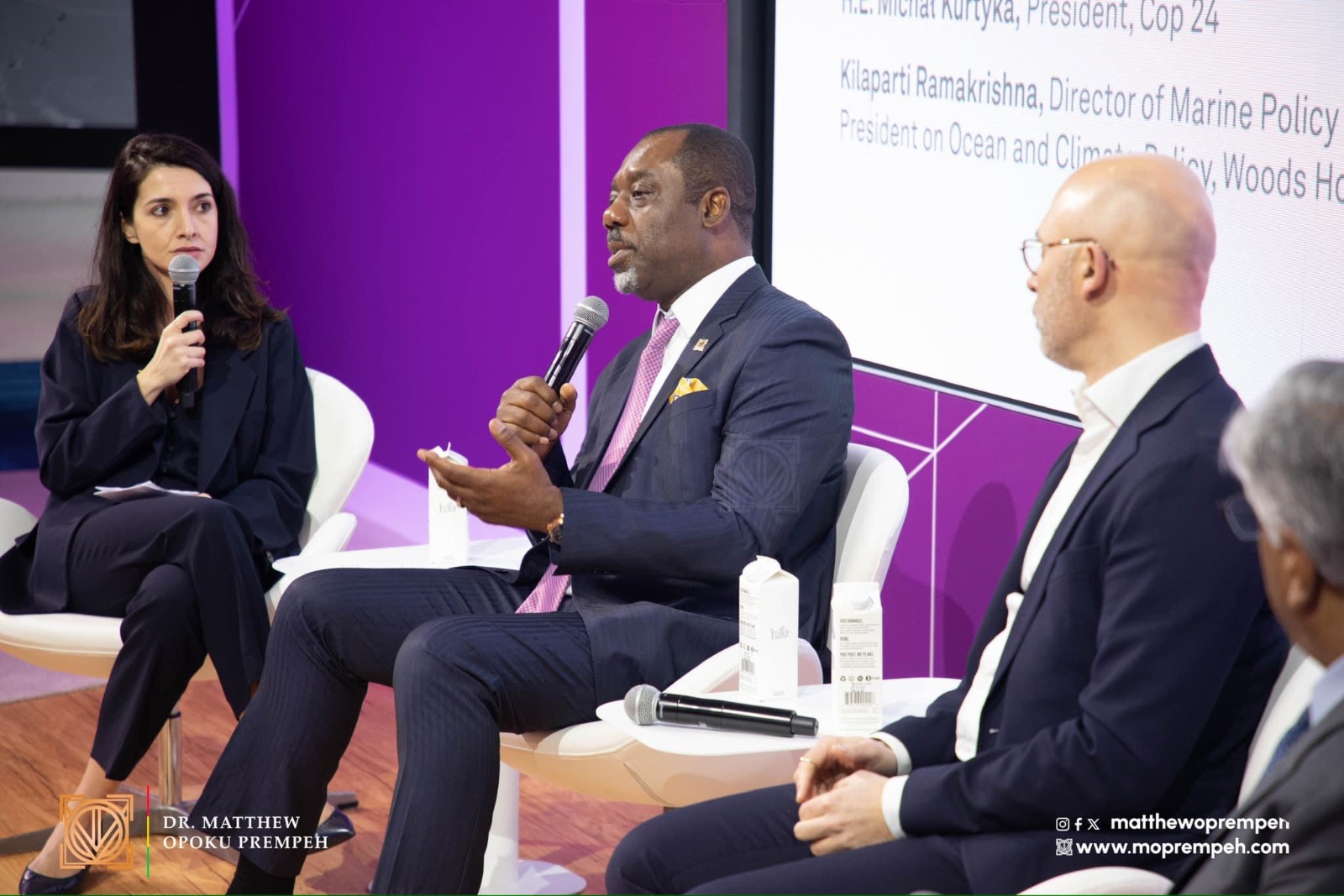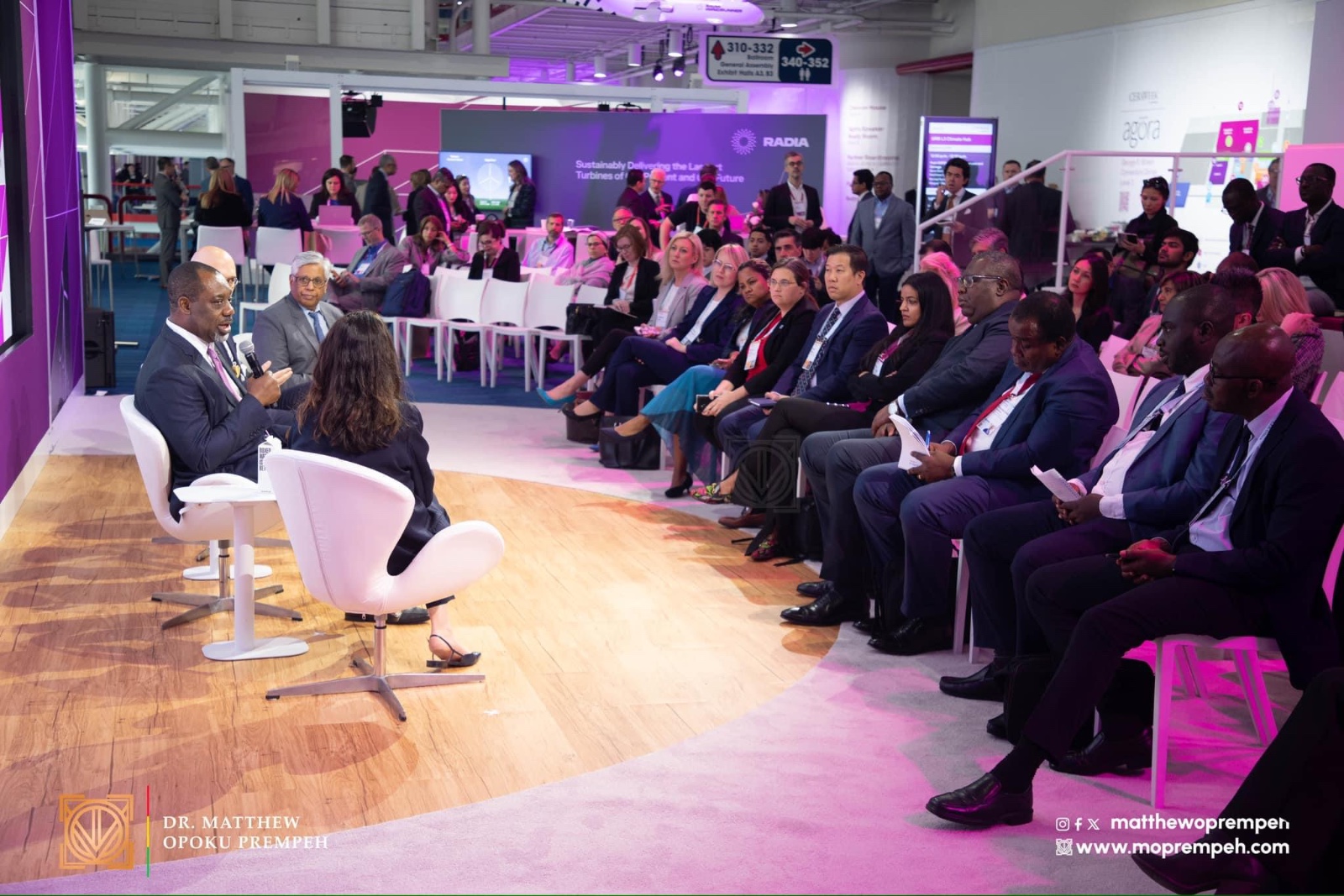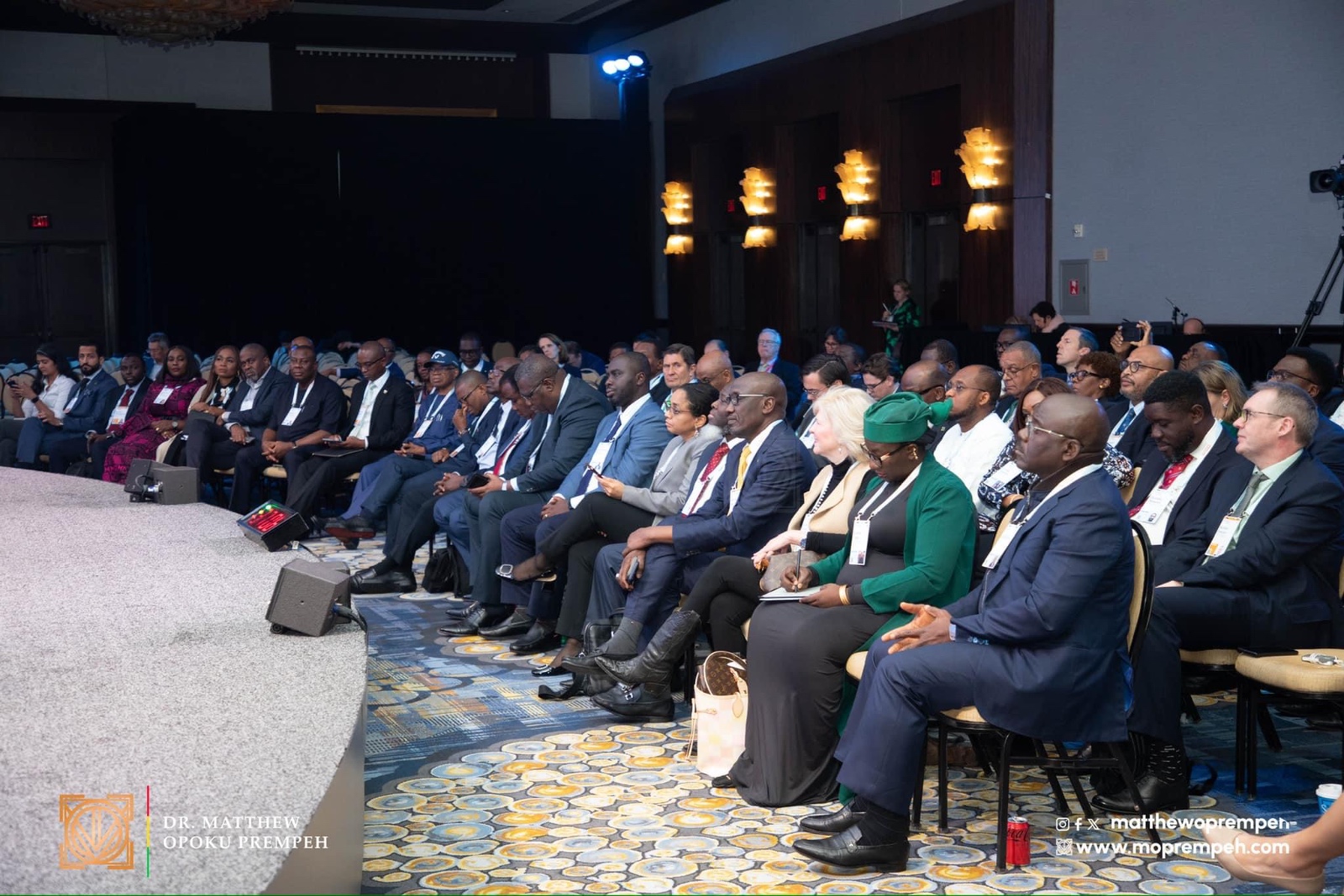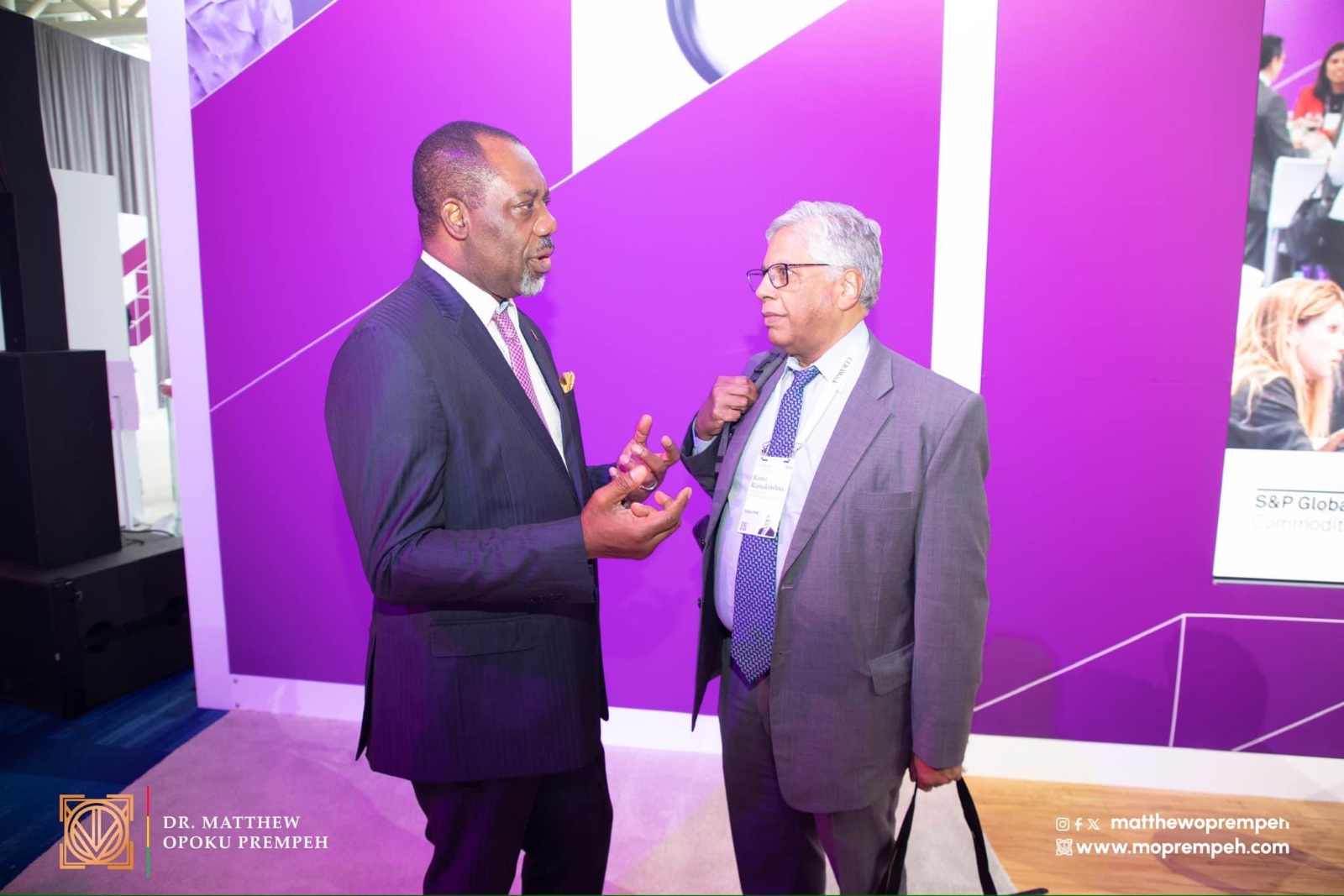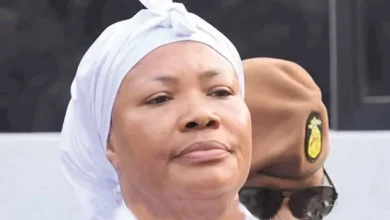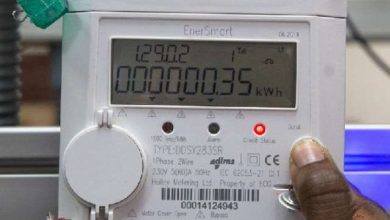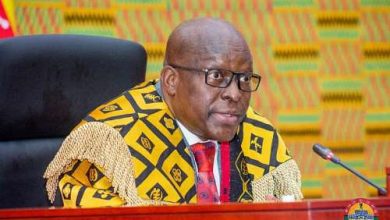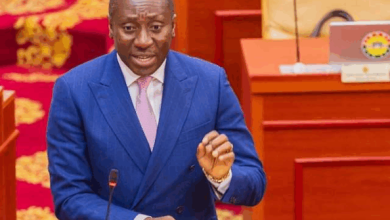Redeem funding pledges to reduce greenhouse gas emissions – Energy minister to developed countries
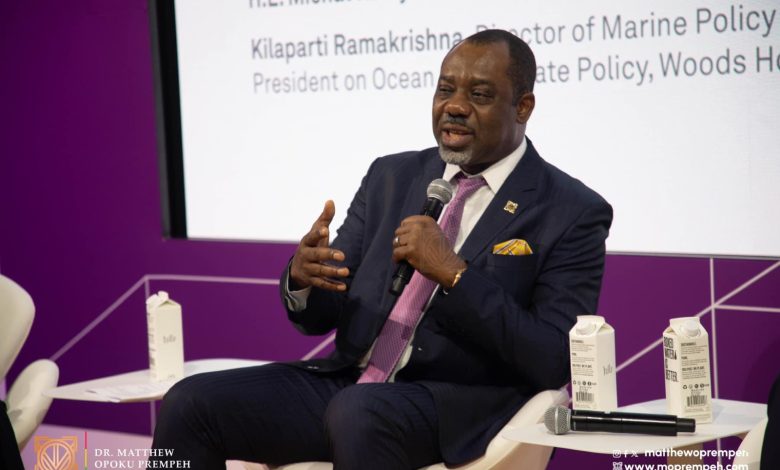
Energy Minister, Dr Matthew Opoku Prempeh has urged developed countries to redeem funding pledges made to support developing countries to reduce Greenhouse Gas (GHG) emissions.
He said developed nations need to support developing countries to meet their net-zero targets. The Minister made the call when he addressed a panel session on Funding Resilience: Post -COP28 Path Forward for Loss and Damage” on Wednesday, at the CERA Week in Houston, Texas, USA organised by S&P Global.
He also spoke at another panel discussion on, “Africa’s energy future: opportunities and constraints.” CERA Week, by S&P Global, is an annual conference that brings industry leaders, policymakers and others engaged in energy to Houston for a variety of discussions and addresses.
Financial commitments
Dr Opoku Prempeh said developing countries face the challenge of achieving the SD7 target of providing clean and affordable energy by 2030, due to the intense financial commitment required. Most developing countries, he said heavily rely on wood fuel to meet their energy need and therefore argued that in the face of the global energy transition, this type of fuel, if not controlled will erode the little gains realised in the past few years in the quest to combat climate change. “It is not about the number of funds we establish, but it is about the commitment to these funds in terms of supporting developing countries, less emitters, “ he said.
Heartbeat
Dr Opoku Prempeh, who is also the Member of Parliament for Manhyia South said energy is the heartbeat of every economy, and it is important that Africa has enough of it to support its socio-economic development in order to enhance the welfare of the citizenry. “Our right to develop our energy resources for the benefit of our people must therefore be respected and with no interference,” he said.
He added: “We recognize that the electricity, cooking and transportation sectors are key areas in reducing greenhouse gas emissions. “Consequently, steps must be taken to transition these sectors towards a net-zero emissions future.”
He continued, “To attain this, we must transition to the production and utilization of clean energy and the implementation of measures to mitigate any emissions that occur in the process. This will ensure that we contribute our quota to the reduction of global GHG emissions, and more importantly, achieve decarbonization, energy access, security, and efficiency”.
Clean cooking
The Minister further indicated that his ministry is also aggressively promoting clean cooking with a focus on achieving 50% access to the use of LPG as fuel and delivering 3 million improved efficient charcoal stoves by 2030. “We have rolled out a number of programs, notably, the LPG for Development, Cylinder Recirculation Model, and Carbon-for-Free Stoves program for the biomass sector,” he remarked.
The Manhyia South lawmaker used the opportunity to reiterate Ghana’s commitment to partner with investors to explore new energy frontiers in order to support sustainable, environmentally- sound and gender-responsive economic growth.
